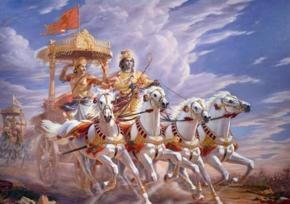If happiness is only about winning or achieving a desired outcome, it would become very momentary and largely ineffective

whose on-court duels are as legendary as their off-court camaraderie
As a person who played active sports, I remember all the encounters that resulted in a victory. Quite a natural feeling, given that we all play to win. What surprised me though is that even matches where we lost there was only a momentary angst that was followed by exhilaration at the thought of having played that game.Â
At first I thought it was just me and my fantasy. When I spoke to some of my old chums who were part of these games, they said even they’d felt the same way – then and even now when they recall the matches. I couldn’t put a finger on what made all of us feel the same way, least of all me as I was always a very angry competitor.
Where did all that anger go once the game got over? Quite simply, it went no where because it didn’t exist deep down. The desire to do well was a burning one. Yet, losing only reinvigorated the desire. Never did it result in rancour towards the winners. It was a resolve to do better the next time that brought back that anger energy again.
As I harked back to my sporting wins and loses, I also became aware that the excitement at participating was paramount. Just because the outcome didn’t match with my expectation, doesn’t mean I didn’t enjoy the journey.Â
करà¥à¤®à¤£à¥à¤¯à¥‡à¤µà¤¾à¤§à¤¿à¤•à¤¾à¤°à¤¸à¥à¤¤à¥‡ मा फलेषॠकदाचन ।
मा करà¥à¤®à¤«à¤²à¤¹à¥‡à¤¤à¥à¤°à¥à¤à¥à¤°à¥à¤®à¤¾ ते संगोऽसà¥à¤¤à¥à¤µà¤•à¤°à¥à¤®à¤£à¤¿ ॥
— Bhagavad Gita, Ch:2, Verse 47

And, the meaning of these lines from the Bhagavad Gita’s became that bit more clearer.
Share this Post[?]





